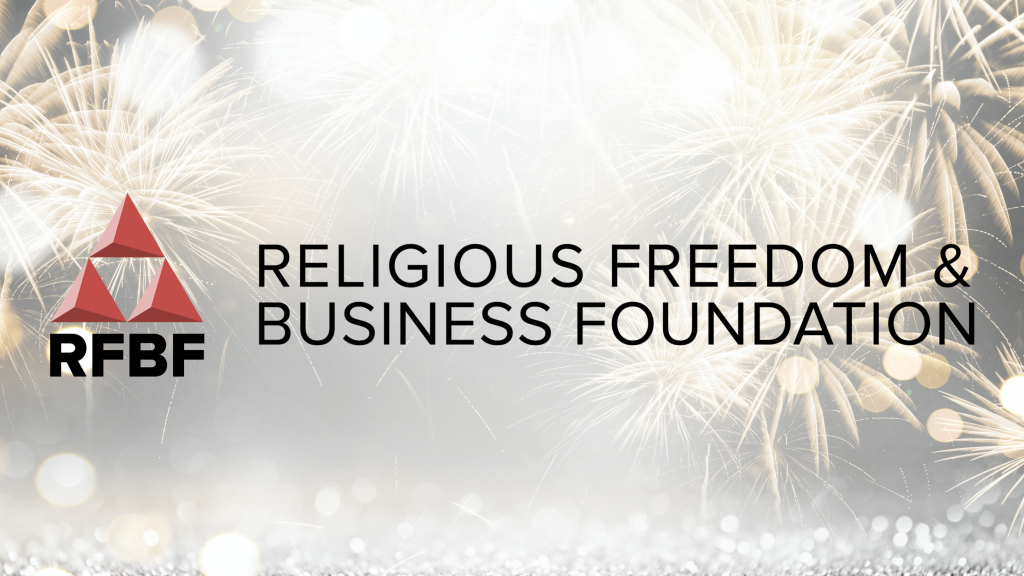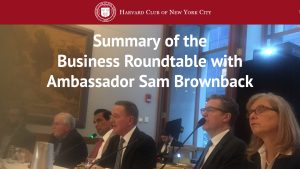 The World Intellectual Property Organization in Geneva — on the occasion of the annual meeting of the UN Global Compact Business for Peace platform — is the site for the launch of the 3rd Biennial Global Business & Interfaith Peace Awards search for nominations.
The World Intellectual Property Organization in Geneva — on the occasion of the annual meeting of the UN Global Compact Business for Peace platform — is the site for the launch of the 3rd Biennial Global Business & Interfaith Peace Awards search for nominations.
The UN Global Compact and Religious Freedom & Business Foundation invite you to nominate your company’s CEO for the 2020 Global Business & Interfaith Peace Award. The Awards salute concrete and innovative actions taken to advance interfaith understanding and peace. Nominees must have launched or spearheaded policies, programmes or initiatives that contributed to increasing interfaith understanding and peace in the workplace, marketplace and/or local communities. The awards recognize business leaders – current or past CEOs – who have demonstrated leadership in championing interfaith understanding and peace in one of the following 4 categories:
- – Core Business
- – Social Investment and Philanthropy
- – Advocacy and Public Policy Engagement
- – Partnerships and Collective Action
To nominate a CEO:
Complete the 2020 Global Awards Nomination Form and email the form and/or direct questions to nominations@religiousfreedomandbusiness.org.
- Deadline: 1 February 2020.
The Global Business & Interfaith Peace Awards salute CEOs committed to advancing interfaith understanding and peace worldwide. These global awards are presented biannually by the Religious Freedom & Business Foundation (RFBF) in cooperation with the UN Global Compact (UNGC) on the eve of the Summer and Winter Paralympics. Previous CEO nominees and recipients come from companies as diverse as Ernst & Young (EY), Hyundai, Kimberly, Berkshire Capital, and former Dell entrepreneur in residence Ingrid Vanderveldt.
The 2020 Awards will be held at the Park Tower Hall, Tokyo, 25 August 2020, which is the opening of the 2020 Summer Paralympic Games and final day of Dare to Overcome, a global business, arts, and peace festival in support of the Paralympic Movement and people with disabilities.
This is the third biannual Global Business & Interfaith Peace Awards. The inaugural awards were given the day before the opening of the Rio Paralympics in 2016. The 2018 Awards were held the day before the opening of the PyeongChang Winter Paralympics. At the 2018 Awards, awardees held high level meetings on Korean peace at the Presidential Blue House and with the Mayor of Seoul. Delegates from the conference were also welcomed by senior politicians at the Korean National Assembly (Parliament), where RFBF President Brian Grim was awarded the Main Prize at the World Peace Prize Ceremony.


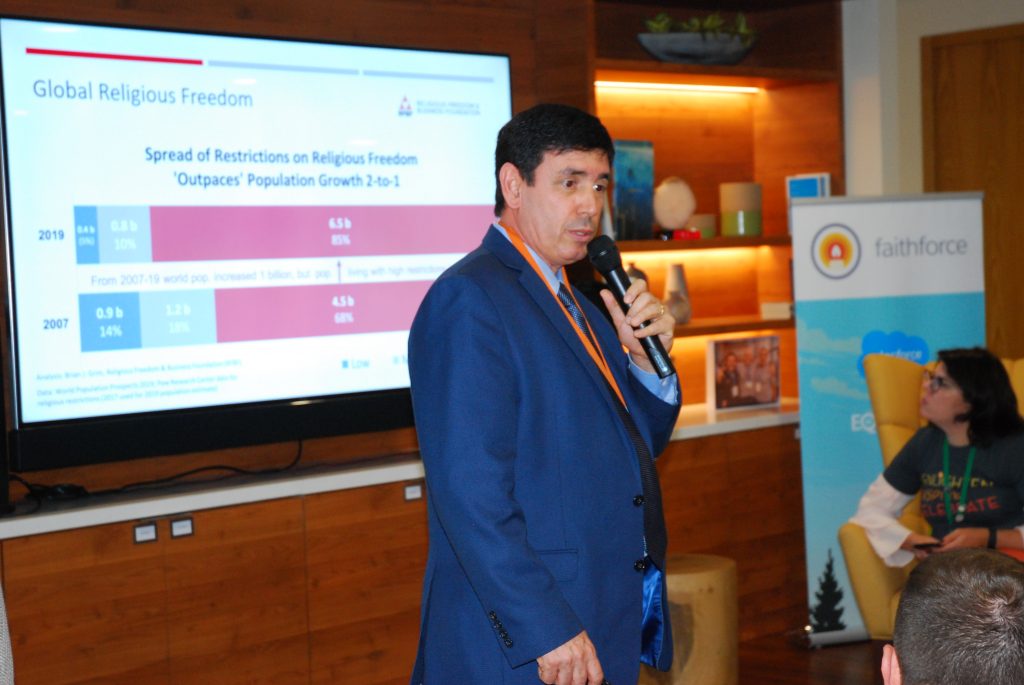

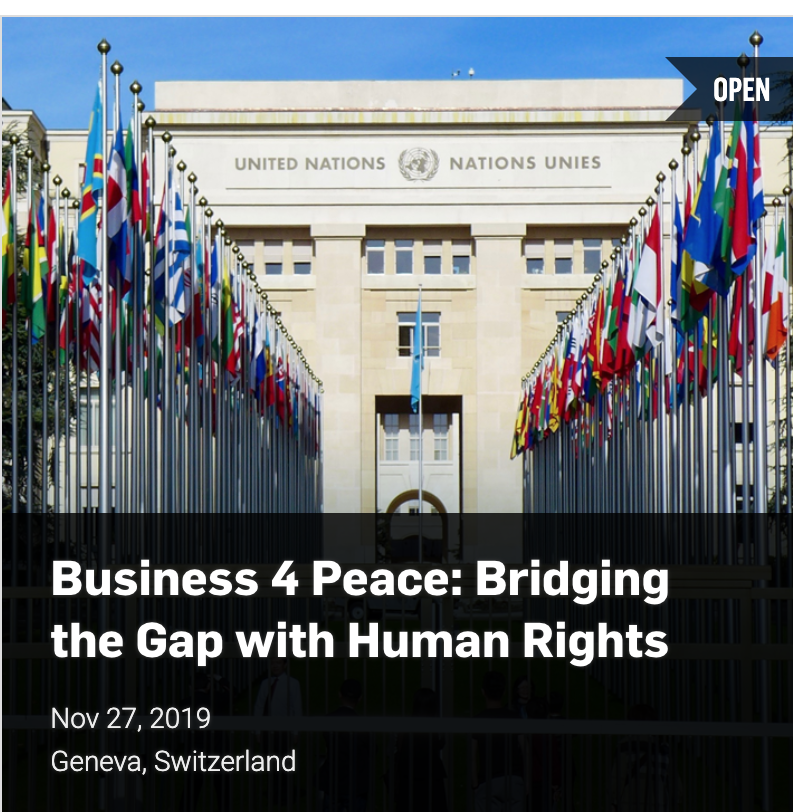
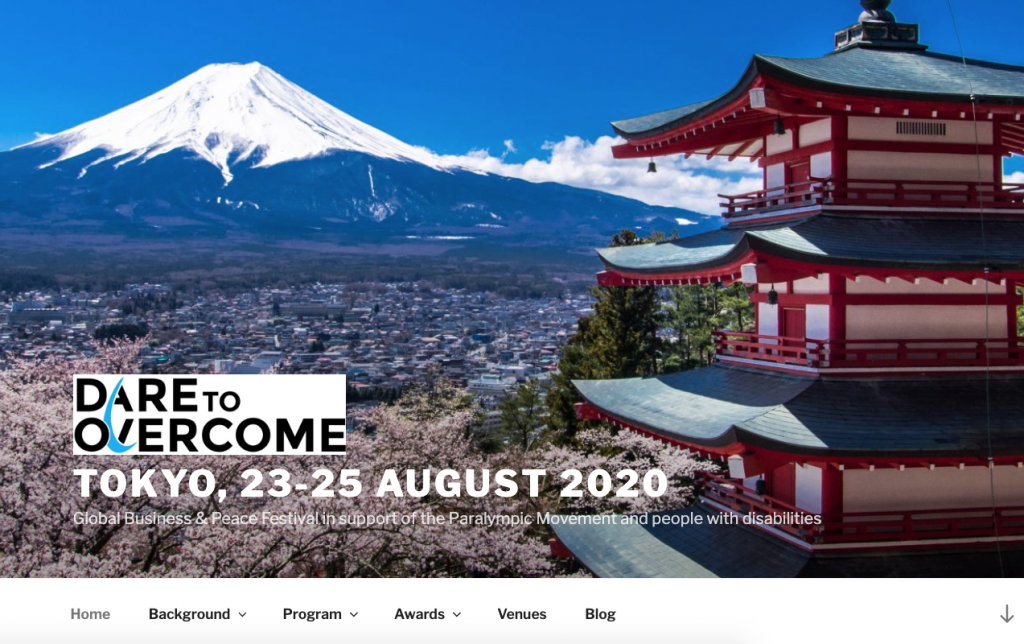
 By
By 